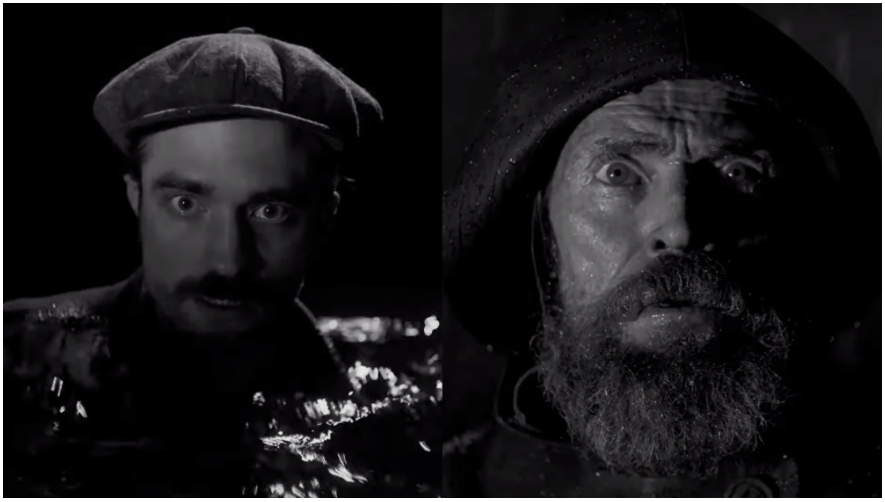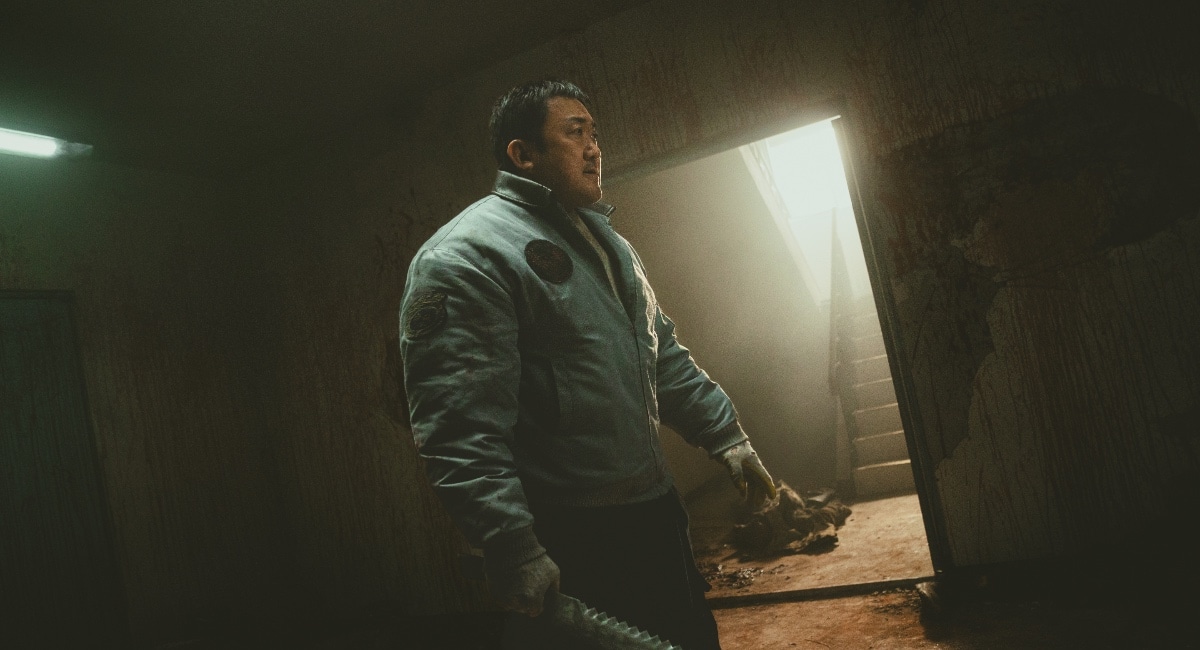The past few years have seen a growth in what is clumsily called “elevated horror,” a term that should be approached with a bit of disdain. But the term does underscore the arrival of a new class of horror maestros that have entered the public consciousness. From Jennifer Kent, to David Robert Mitchell, to Ari Aster, this set of young, identifiable filmmakers have quickly made a strong mark on a genre that was struggling through an era of cheap jump scares and torture porn. Perhaps those most striking of these new masters of fright is Robert Eggers, whose The Witch entered a realm of what a fellow critic christened as “puritanical horror”. A film with a steep learning curve, The Witch cast an eerie pall permeating what was an under siege tale. With the encroaching horror constantly just outside the camera’s eye and hidden from plain view – until it wasn’t anymore – it was, in short, a masterful debut.
His initial follow-up was set to be the third iteration of Nosferatu, the immortal Murnau take on Dracula. But instead, he pivoted towards another original tale, this time drenched in psychological horror but perhaps maintaining some of the Expressionist inspiration that surely would have marked his take on Count Orlock.
Cast completely in black and white, The Lighthouse is a two-hander that charts the journey of Ephraim Winslow (Robert Pattinson) and Thomas Wake (Willem Dafoe) as they arrive upon a desolate New England adjacent isle. Winslow has taken a 4-week short-term job as a wickie and is under the employ of Wake, an experienced Lighthouse keeper. As he arrives and settles into his leaky and cramped lodging, Winslow can immediately read that this is going to be a tough 28 days, from the shutters that won’t stop dripping on him when it rains, to Wake’s nocturnal gas-passing, and the consistent abuse that his same superior heaps upon him at a near constant clip.
But we as viewers can also tell, something isn’t quite right with Winslow. He’s bringing deep-seated baggage along with him on this trip, and when he becomes fixated on the possibility of tending to the light within the lighthouse itself, something Wake simply will not allow, everything comes pouring out. Things gets steadily worse from there, particularly when their planned exit takes an unexpected turn.
The Lighthouse is a two-man show, and for some viewers it may prove to be a test of the limits of their patience, particularly in a horror landscape that is so built upon immediate gratification. But for those who are looking for something that fits within the arthouse set, owing its inspiration just as much to Bergman as it does Hitchcock, there’s much to unpack here driving Egger’s study of the frailty of the human psyche as well as the fragility of masculinity.
Or, it could all be supernatural in nature too. Unlike The Witch, where the evil itself was clearly defined, The Lighthouse is a construction on the idea that when left to its own devices, the mind can be the most horrifying thing we can encounter. Or is it a sea curse from Triton? Eggers leaves just enough on the table regarding the mystical energy of the lighthouse itself, the storm that kickstarts their potential doom, demonic mermaids, and Winslow’s own actions on the island (a product of warned-against folly) that acts as the genesis of it all. It’s an area of reasonable doubt that provides the film’s surface thematics, but of course it’s the performances themselves that bring about something that’s burbling just under the seafoam, like a rich ore to tapped.
While both Wake and Winslow are immediately at odds with one another, they do have moments of fellowship over the dinner table, usually when Wake has become intoxicated and entered a state of unusual gregariousness. It’s here when their brusque shells are softened, and we’re exposed to their own anxieties, as well as the dark turns that have occupied their past. As The Lighthouse continues on its way, and the isolated madness begins to set in deeper, these two conflicting forces both become better friends and more suspicious enemies. From Wake’s exasperated pleas for Winslow to compliment his cooking, especially his lobster, to Winslow waiting until Wake is asleep to read the secretive notebook that his employer keeps locked away, the prison-like atmosphere of their living situation not only turns them towards baser instincts, but it also finds the pair turning their deep seated inclinations outward, even to the point of potential physical intimacy that quickly turns to fisticuffs.
It’s here that Eggers seems to be particularly interested in excavating the concept of masculinity and how brittle the expected roles men must play actually are, particularly when (maybe) faced with a great unknowable force. To say Pattinson and Dafoe are both terrific under these auspices is putting it mildly; the former continues to be one of the most fascinating actors working, with fearless performances in projects that continually finding him expanding the limits of his comfort zone as an actor. He plays Winslow as a hulking silent type whose internal decay is an ever-creeping occurrence from scene to scene. His grip on reality, something that might be somewhat tenuous from the outset, falls away with each passing night. And yet he’s the character we might have the greater understanding of. Dafoe, on the other hand, makes Wake a rather despicable figure, phlegmy and odorous. Yet it’s such a multi-faceted performance too, particularly when he turns into a quivering mass, or starts casting sea curses. Wake might be the greatest enigma of the entire experience. Is he sheep in wolf’s clothes, a scheming manipulator, or even an oceanic shaman? Eggers and Dafoe lay out these possibilities and leave it for us to decide. But one thing is for certain: it’s another high-water mark for one of our great character actors.
That The Lighthouse is also a lush experience, soaking up its color-drained canvas as Winslow carries a wheelbarrow full of coal across the craggy paths of the island among other tasks. This is thanks to Eggers’ ongoing collaborator Jarin Blaschke, who specifically guided the director toward using proper 35mm stock instead of digital to achieve the film’s moody and eerie presentation. And when its supernatural elements come to the fore, it’s a sheer nightmare come to life and one of the year’s most impressive achievements in visual storytelling.
The Lighthouse is absolutely not for everyone, it must be emphasized. Even those who found themselves fans of Eggers’ debut could be challenged here. But if the prospect of cinema as an artistic statement, particularly on human nature and how we perceive reality, is at all enticing to you, The Lighthouse is a descent into madness worth taking.










Yes, I will absolutely be watching this.
Can’t wait to see this. If it’s half as eerie as THE WITCH, it should be worth my time.
This review is an over wrought load of bullshit. To say this film is a piece of crap is to disparage crap. If it was 100 times better it would be shit. Please don’t waste your time seeing this film, it is an insult.
Comments are closed.